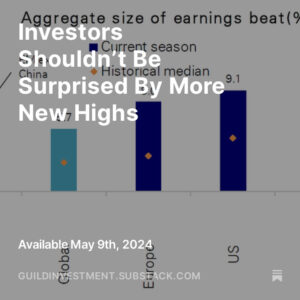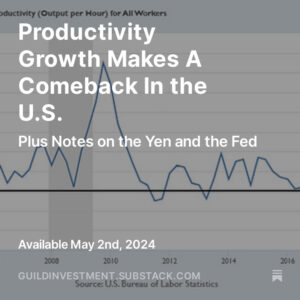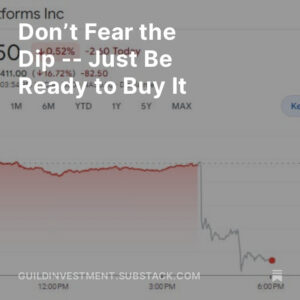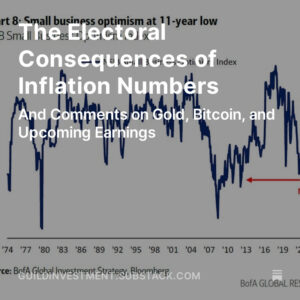The U.S.
This week brought another development in an obscure corner of the market — overnight lending, which banks rely on to meet funding needs. Observers had noted for some time that Fed tightening had been draining liquidity from the system; a confluence of funding needs created a shortfall and overnight rates spiked, causing the Fed to step in. Although the Fed has several tools at its disposal to ensure liquidity in this market, they will ultimately need to inject liquidity through permanent open-market operations (POMOs) to build a reserve buffer — a form of QE, likely at the very short end of the curve (i.e., Treasury bills). The long and the short is that this event does not seem to be a harbinger of imminent stress in the broader financial system. And as anticipated, on Wednesday, the Fed lowered short-term interest rates a further 0.25%. Contrary to some reporting, there was not mass dissent at the Fed — only two of the ten members of the Fed’s Open Market Committee voted to leave rates unchanged.
As we noted above, the media made much ado of the attack on Saudi oil production, but we do not view this as a game-changing event that would be highly disruptive to U.S. or global markets. We think that a modest additional risk premium will gradually get baked into the price of oil, but not that a major regional conflagration is suddenly on the table.
U.S. markets have been marking time and digesting improving macroeconomic data. Even the attack on Saudi did not result in a notable volatility spike or short-term market correction, which we read as a bullish sign. We remain bullish on U.S. stocks, particularly on the barbell of growth stocks, primarily tech-related, and solid, dividend-growing income stocks.
While anti-trust investigations into big tech may create some static, we think it is unlikely that they will show anti-competitive behavior. Other big techs may follow the lead of FB [NASDAQ: FB], and establish independent oversight boards that will handle some of the concerns that consumers and regulators have voiced about privacy and editorial overreach.
Europe and Emerging Markets
Nothing has occurred to change our view of Europe. Europe remains mired in low growth, which further easing from the European Central Bank is unlikely to remedy. The best remedy would be for Germany to do a little deficit spending — but political and culturally, that seems unlikely. The UK, as we have noted, could be attractive (stocks and currency) if they really succeed in leaving the EU on October 31 — though of course, after a period of volatility.
As we said above, a new modest risk premium for oil may help generate some inflation, which will be modestly beneficial for some commodities and some commodity-exporting emerging markets — but not enough for us to believe that these markets represent an opportunity superior to that of the U.S. market.
Gold
We continue to be bullish on gold, for all the reasons mentioned in recent letters. The addition of a risk premium for oil, and the inflation it generates, should be somewhat beneficial for gold demand.
Thanks for listening; we welcome your calls and questions.
Please join us for our quarterly conference call at 10 AM PST on September 26, in which we’ll discuss strategies for income investing in a very low interest rate environment, as well as current events and trends and the ongoing bull case for gold.







